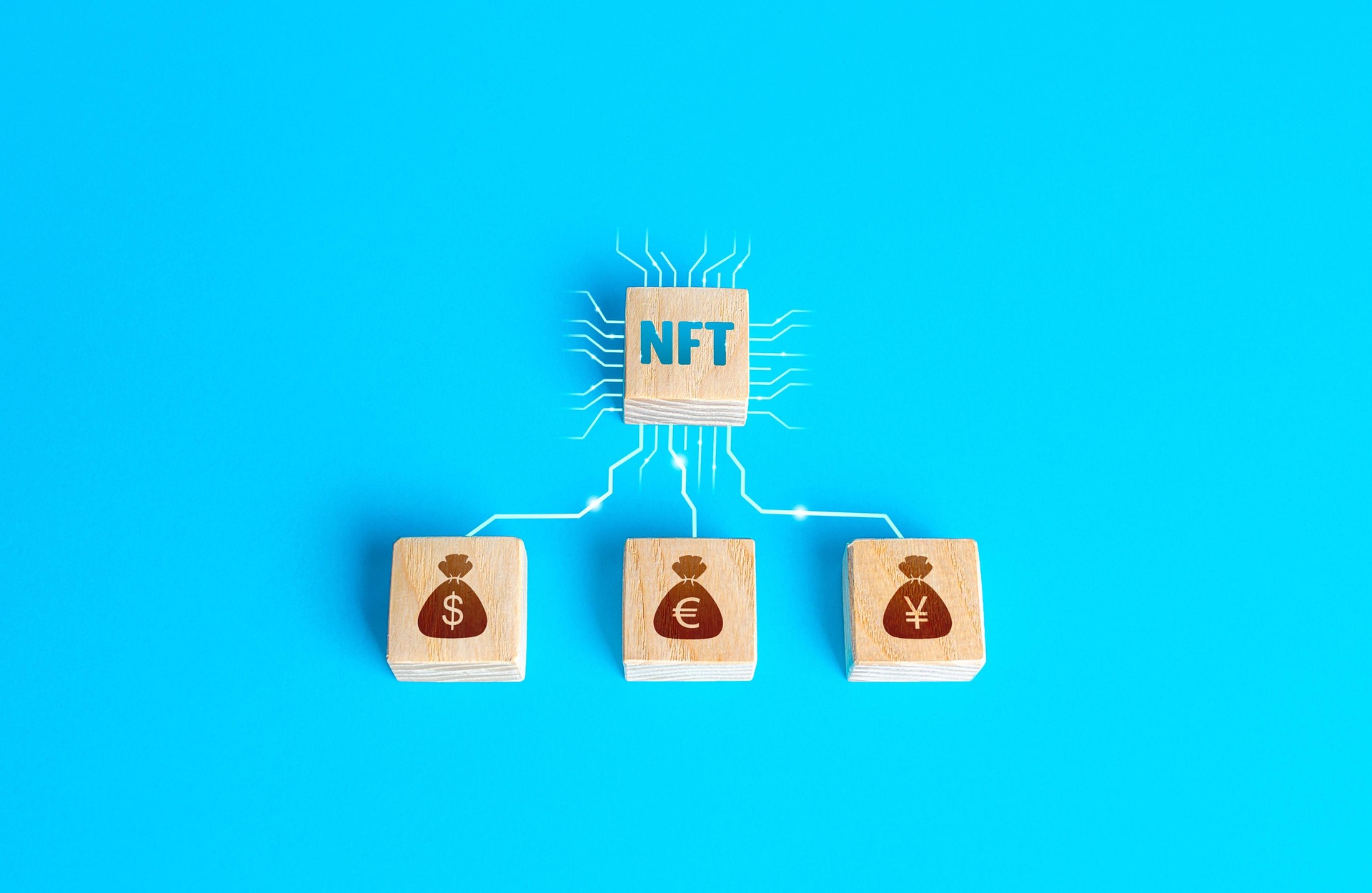Affordable Dental Care for Seniors
Dental care remains a critical aspect of overall health for seniors, yet it's often overlooked due to financial constraints. Many older adults face challenges accessing affordable dental services after retirement when employer-provided dental insurance typically ends. Medicare, the primary health insurance for most Americans over 65, offers minimal coverage for dental procedures, leaving seniors to navigate complex payment options for necessary dental treatments. Understanding available resources and options for affordable dental care becomes essential for maintaining oral health in later years.

Understanding Senior Dental Needs
As we age, our dental health requirements change significantly. Seniors commonly face issues including dry mouth (often medication-induced), root decay, gum disease, tooth loss, and darkened teeth. These conditions require specialized attention that differs from general dental care. Dry mouth, particularly problematic for seniors taking multiple medications, increases cavity risk by reducing protective saliva. Root decay becomes more prevalent as gums recede, exposing vulnerable root surfaces. Periodontal disease affects nearly 70% of adults over 65, potentially leading to tooth loss when left untreated. These age-specific concerns make regular dental visits particularly important for seniors.
Medicare Coverage and Dental Care Limitations
Medicare’s relationship with dental care creates significant challenges for seniors seeking affordable treatment. Standard Medicare (Parts A and B) provides extremely limited dental coverage, typically only covering dental procedures when they’re medically necessary for another covered treatment. For instance, Medicare might cover a dental extraction needed before radiation treatment but won’t cover routine cleanings, fillings, dentures, or most procedures seniors commonly need. This coverage gap forces many seniors to either purchase supplemental insurance, pay out-of-pocket, or unfortunately, forego necessary dental care entirely. Understanding these limitations helps seniors better prepare financially for dental expenses.
Affordable Dental Care Options for Seniors
Several pathways exist for seniors seeking more affordable dental care. Medicare Advantage (Part C) plans often include some dental benefits, though coverage varies significantly between plans. Standalone dental insurance specifically designed for seniors represents another option, with monthly premiums typically ranging from $20-$50. Dental savings plans, while not insurance, provide discounts of 10-60% on various procedures through participating dentists for an annual fee. Community health centers and dental schools frequently offer reduced-cost services based on income. Additionally, organizations like the National Council on Aging can help connect eligible seniors with benefit programs they might not realize they qualify for, potentially reducing dental expenses.
Dental Clinics for Seniors
Specialized dental clinics focusing on geriatric dentistry provide care specifically tailored to older adults’ needs. These facilities employ dentists with additional training in age-related oral conditions and often accommodate mobility challenges through accessible facilities. Many offer sliding fee scales or special senior rates to increase affordability. Mobile dental clinics bring services directly to senior centers or residential facilities, particularly beneficial for those with transportation difficulties. When choosing a dental clinic, seniors should inquire about experience with older adults, payment plans, senior discounts, and ability to coordinate with medical providers regarding medication interactions that might affect dental treatments.
Preventative Care to Reduce Dental Costs
Preventative dental care represents the most cost-effective approach to oral health for seniors. Regular cleanings and checkups can identify problems early when they’re less expensive to treat. Daily flossing and proper brushing technique using fluoride toothpaste significantly reduces cavity risk. For seniors with arthritis who struggle with traditional tools, electric toothbrushes and flossing aids can make daily care easier. Dietary choices also impact dental health—reducing sugary foods and drinks helps prevent decay, while adequate calcium intake supports tooth and bone health. For denture wearers, proper cleaning and maintenance extends appliance lifespan, preventing costly replacements.
Dental Care Cost Comparison for Seniors
The cost of dental care varies widely depending on location, provider, and specific treatment needs. Understanding typical costs helps seniors budget appropriately for necessary procedures.
| Procedure | Average Cost Without Insurance | With Dental Insurance | With Dental Savings Plan |
|---|---|---|---|
| Routine Exam/Cleaning | $75-$200 | $0-$50 copay | $30-$90 |
| Full Set X-rays | $100-$300 | $0-$100 copay | $40-$125 |
| Filling (silver amalgam) | $110-$200 | $25-$95 copay | $50-$100 |
| Crown | $800-$1,500 | $200-$600 copay | $400-$750 |
| Complete Dentures (upper & lower) | $1,500-$3,000 | $500-$1,500 copay | $850-$1,600 |
| Root Canal (molar) | $700-$1,200 | $200-$500 copay | $350-$700 |
Prices, rates, or cost estimates mentioned in this article are based on the latest available information but may change over time. Independent research is advised before making financial decisions.
Accessing Financial Assistance Programs
Various financial assistance programs exist specifically to help seniors access dental care. The Program of All-inclusive Care for the Elderly (PACE) provides comprehensive healthcare, including dental services, for qualifying low-income seniors. Medicaid offers limited dental coverage for eligible low-income seniors, though benefits vary significantly by state—some providing comprehensive care while others cover only emergency procedures. Veterans may access dental benefits through VA healthcare, depending on service-related conditions and eligibility status. Dental Lifeline Network’s Donated Dental Services program connects eligible seniors with dentists providing free services. Additionally, some pharmaceutical companies offer patient assistance programs covering medications needed for dental procedures, helping reduce overall treatment costs.
This article is for informational purposes only and should not be considered medical advice. Please consult a qualified healthcare professional for personalized guidance and treatment.




